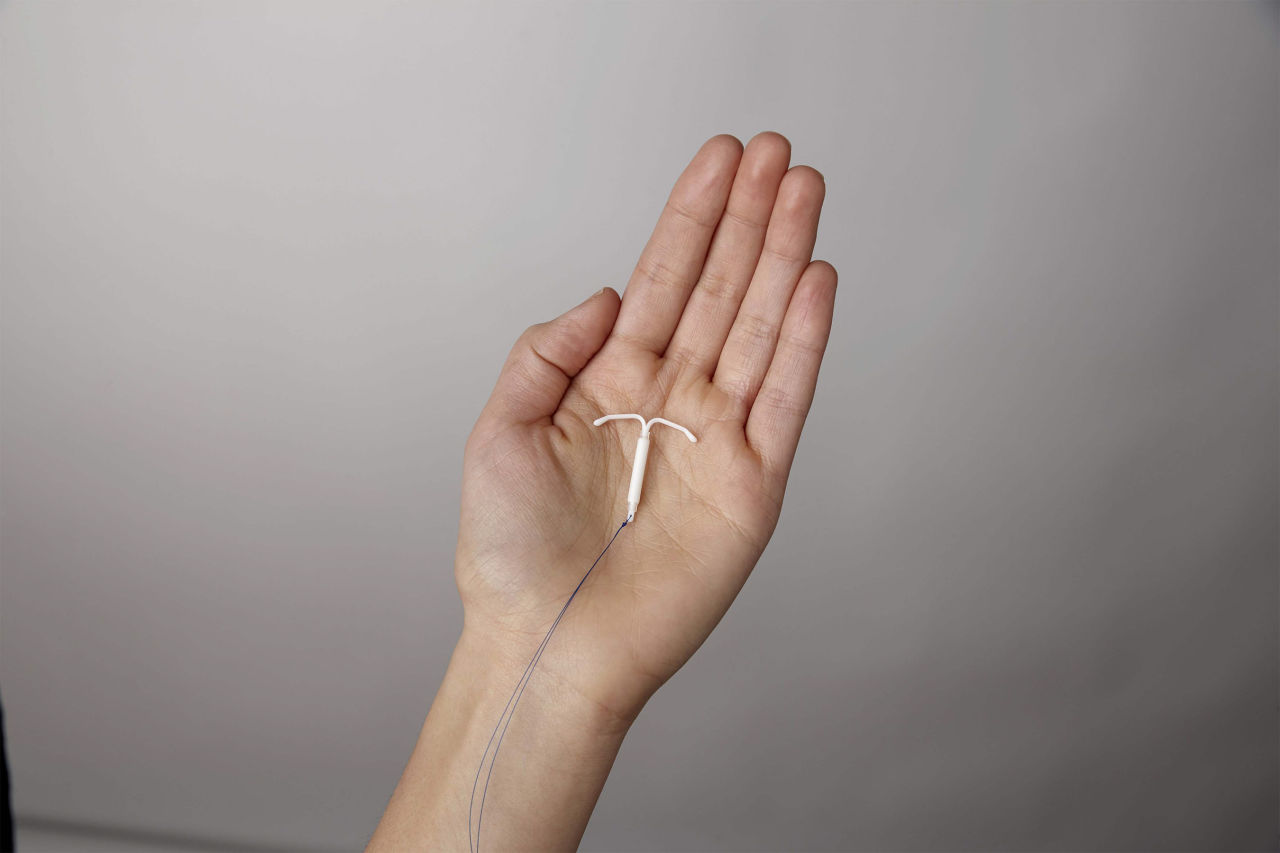1 in 5 Americans Think It's OK to Threaten Public Health Officials
/It’s pretty bleak, folks.
Read MoreKids and Ultra-processed Foods: A Surprisingly Small Effect on Obesity
/A new study finds high ultra-processed food intake leads to higher weight in kids, but not that much higher.
Read MoreSex Addiction Gets a Diagnosis Code. But Does It Really Exist?
/A survey study suggests that a surprisingly high number of Americans might suffer from Compulsive Sexual Behavior Disorder.
Read MoreGender and Maternal Discrimination Among Women Physicians
/A survey of over 5000 physician mothers demonstrated a high perception of gender and maternal discrimination in the workplace. It's an issue that should concern all of us. For the video version, click here.
Read MoreAdolescent Suicide, Same-Sex Marriage, and Carrot Consumption
/An article appearing in JAMA Pediatrics suggests that marriage equality reduced the attempted sucide rate among adolescents. What this means for policy, and what carrots have to do with it inside. For the video version, click here.
Read MoreThe Mother-Daughter Relationship and Early Sexual Intercourse
/A study appearing in Pediatrics suggests that the mother-daughter relationship, but not father-daughter or parent-son relationships, influences timing of first sexual intercourse. For the video version, click here.
Read MoreAre IUDs dangerous for teenage girls?
/In the past 5 years both the American Academy of Pediatrics and the American College of Obstetrics and Gynecology have come out in support of Long-acting reversible contraceptives (LARCs) as highly effective options for adolescent girls. LARCs, which include IUDs and implants, are undoubtedly superior to oral contraceptives and condoms when it comes to preventing pregnancy. Of course IUDs don’t prevent sexually transmitted infections. The question, then, is whether use of IUDs will commensurately decrease condom usage, and, according to an article appearing in JAMA pediatrics, the answer is yes. But as usual, the devil is in the details.
For the video version of this post, click here.
The study used the well-established Youth Risk Behavior Survey. This is a biannual survey administered to high-schoolers across the US, asking all sorts of probing questions about sex, drugs, and rock and roll.
The researchers identified 2,288 sexually active girls, and asked what method of contraception they used during their last sexual encounter. That defined their “base” form of contraception, and only one answer was allowed. Around 40% reported using condoms, 22% oral contraceptives, and 30% using withdrawal or no contraception at all. Just 1.8% used IUDs, so we’re not talking about a huge population here.
That you could only give one answer to this question is really the study’s Achilles’ heel, as individuals who used an IUD AND condoms at their last sexual encounter, but answered condoms to this question would not be classified as IUD users. This could bias the results making IUD users appear less likely to also use condoms.
Which is what was seen. 37% of oral contraceptive users also used condoms at their last sexual encounter, compared to 16% of IUD users, a highly statistically significant difference. So do IUDs discourage condom usage?
What this boils down to is why teenagers use condoms. I think if you were to survey them, you’d find that they use them to prevent pregnancy, not to prevent STIs. Knowing that IUDs are incredibly effective at preventing pregnancy may make teenagers less likely to think about using condoms.
But the direction of causality here may be opposite to what is being suggested. It is possible that docs encourage girls to get IUDs precisely because they are not reliable when it comes to using condoms, and that might be a very good thing.
But to me, the take home from this study isn’t that IUD users have low condom-use rates, it’s that EVERYONE does. A 37% condom use rate among oral contraceptive users should be frightening. This study didn’t convince me that IUDs discourage condom use, but it sure convinced me that we need to make dual-protection socially normative.
How about this: “dual-protection: it’s what the cool kids do when the cool kids do it.”
Or if you can think of a better slogan, let me know in the comment section.









